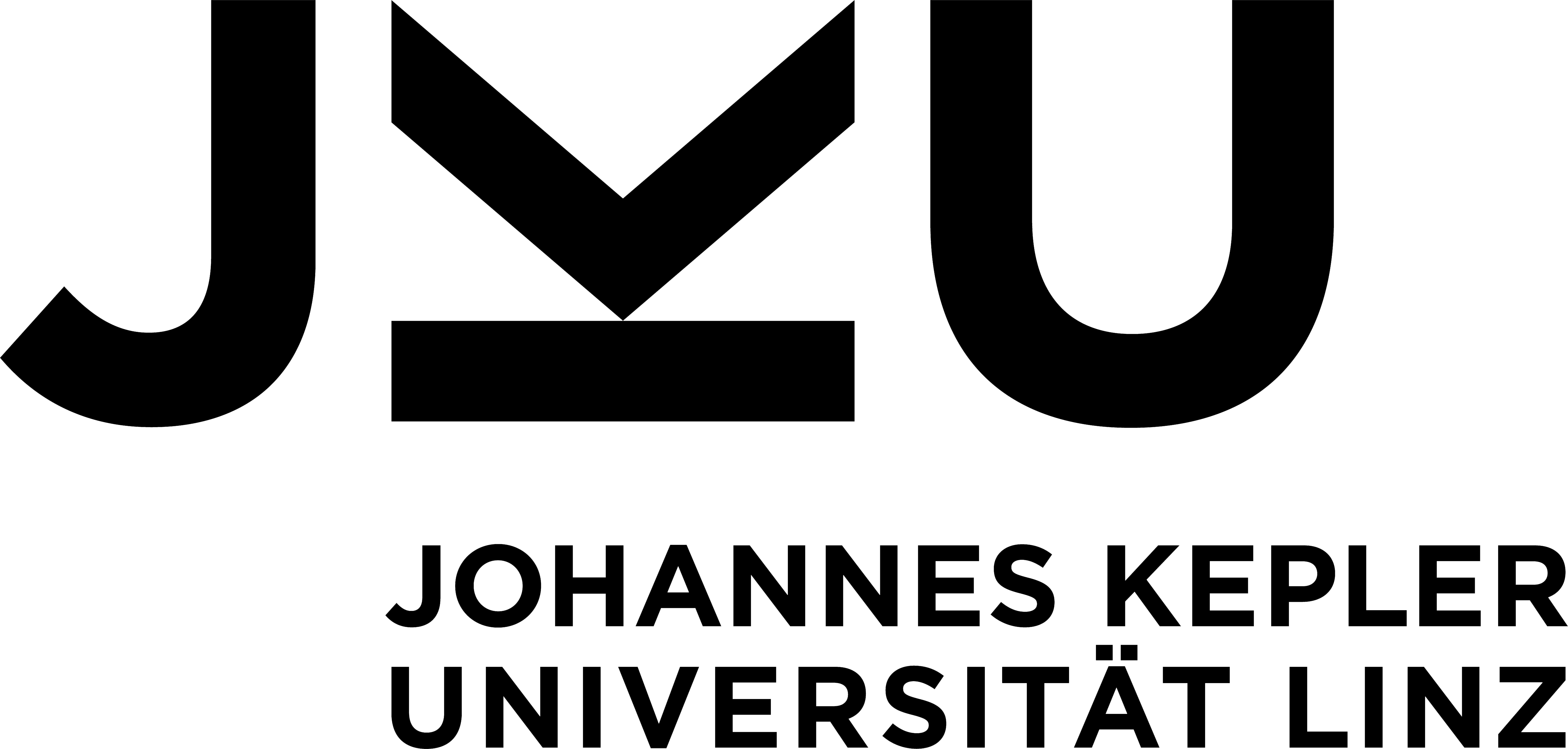Computer Science Colloquium
Regina Hebig
Postdoctoral Researcher Laboratoire d´informatique de Paris 6 Université Pierre et Marie Curie Paris
Evolution of Model-Driven Engineering - Three Perspectives
Tue 12.05.2015, 13:00, 60 minutesUC6
Abstract
Already, in 1974 Lehman and Belady expressed a couple of laws on software evolution. The probably most well-known amongst them being the law of continuing change. 40 years later it is still an accepted fact and challenge that software changes and will change. However, new development paradigms have diversified and shaped the way developers work today. For example, in the 1990s the Unified Modeling Language (UML) came up, accompanied by the introduction of model-driven development paradigms, which also include the partial automation of software development. Roughly speaking: there are no more only humans, but also software systems that develop software systems. Unsurprisingly, the software systems that are used for software development (called MDE in the following) evolve, too. While research provides already automation support for some aspects of this evolution, other ones are still not completely understood. In this talk, I will provide an overview about three perspectives on MDE-evolution that are subject to my ongoing research: 1) the microscopic perspective, targeting at the evolution of modeling languages and the consequences for related artifacts, 2) the macroscopic perspective, targeting at the evolution of complete MDE settings, i.e. combinations of different (modeling) languages and automation technologies, and 3) the context perspective, targeting at the question what happens to organizational aspects, such as processes, when MDE evolves.Bio
Regina Hebig is a postdoctoral researcher, at the Laboratoire d?informatique de Paris 6 (LIP6), Université Pierre et Marie Curie in Paris since start of 2014. She did her PhD at the University of Potsdam in Germany, where she also finished her master?s degree. Her research focusses on the use of modeling technologies and software processes. Therefore, she uses empirical research as a basis to enable and inform the development of new research approaches, e.g. on model management or language evolution support. Regina is engaged in the organization of the Model-Driven Processes and Practices (MD2P2) workshop, which aims at bringing together researchers and practitioners who want to tackle the challenges associated to introducing modeling techniques within legacy development practices.Invited by Institute for Software Systems Engineering, E-Mail: isse@jku.at
The Computer Science Colloquium is organized by the Department of Coputer Science at JKU, the Österreichische Gesellschaft für Informatik (ÖGI) and the Österreichische Computergesellschaft (OCG).
